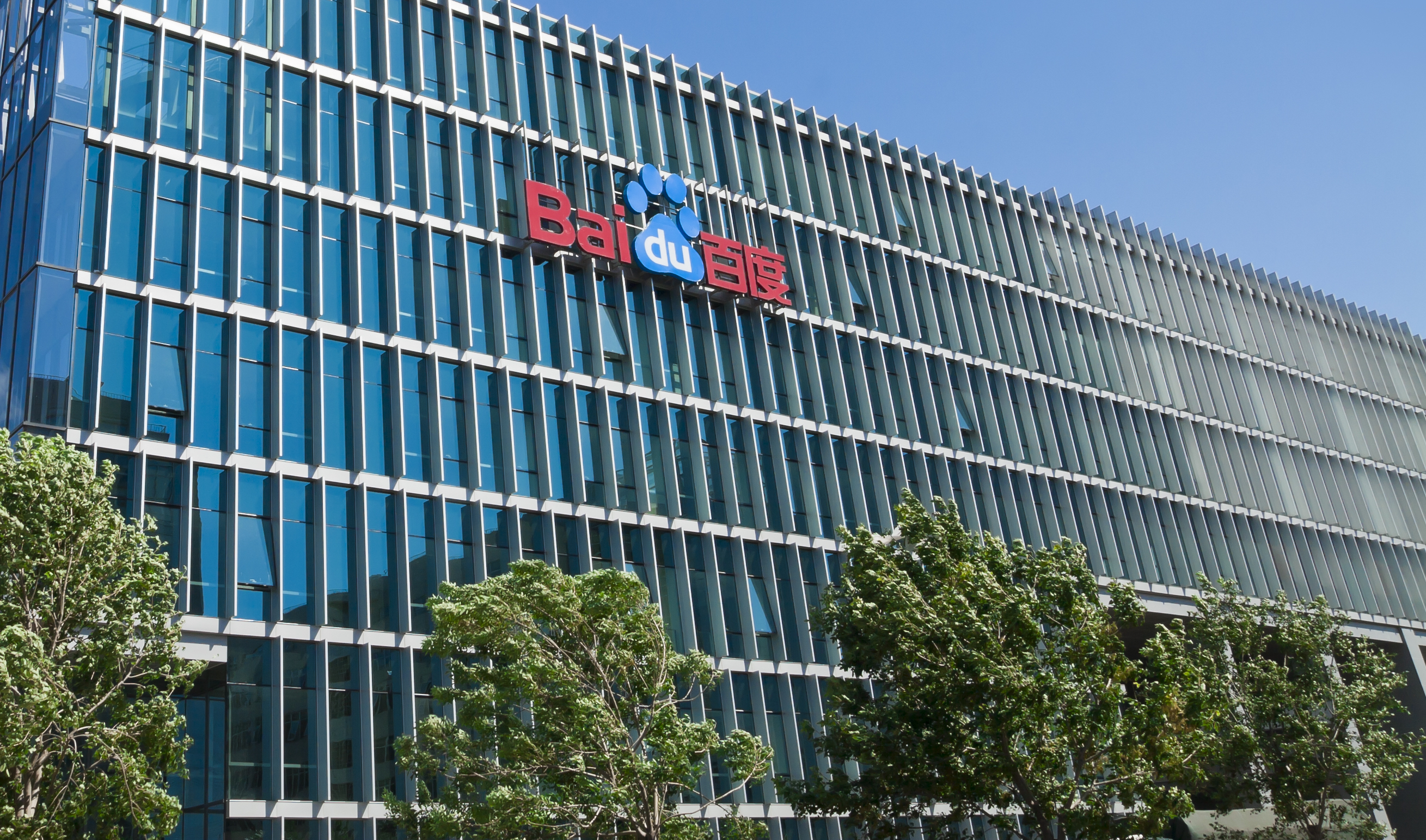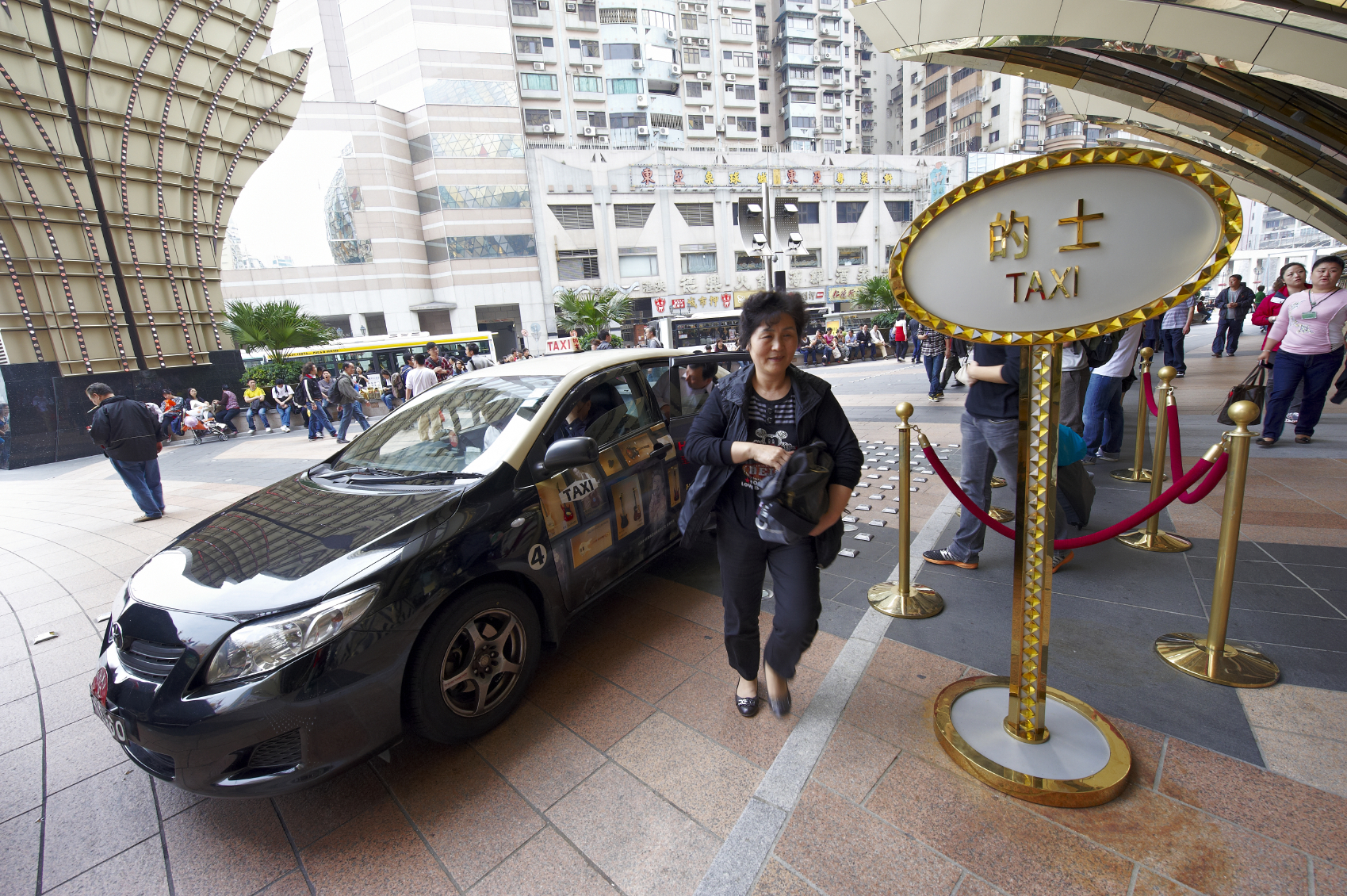What Happened
Baidu, typically regarded as “China’s Google,” has launched an AR lab to develop and deploy AR services in a variety of areas. Baidu has been actively experimenting with augmented reality for two years and has shipped some basic AR-powered features with its Baidu search and map apps. Baidu is also reportedly working with a number of big-name brands including L’Oreal, KFC, and Lancôme for AR ads that allow Chinese consumers to interact with virtual products on their mobile devices. Besides Baidu, Chinese tech giants Tencent and Alibaba have both came out with scavenger hunt-like games that hide AR coupons around real-world locations for consumers to discover.
What Brands Need To Do
Pokémon Go introduced U.S. consumers to mobile AR technology last summer, but brands are only starting to explore the possibilities that AR marketing brings. At this year’s CES, we saw brands like BMW and Gap showcased AR apps made for product demos. New York Times created an AR game for 20th Century Fox to promote movie Hidden Figures. Baidu’s AR initiatives point to many ways that brands can experiment with AR technologies and deliver an interesting customer experience.
If you’d like to get some help to figure out how augmented reality can enhance your customer experience and drive new opportunities for your brand, or simply to try out the HoloLens demo we have to experience the transformative power of AR, please contact our Client Services Director Samantha Holland ([email protected]) to schedule a visit to the Lab.
Source: Forbes


